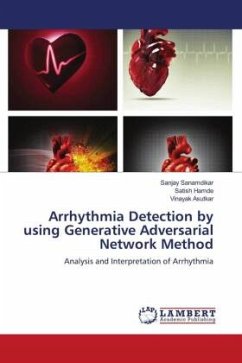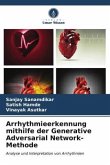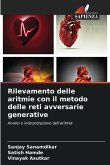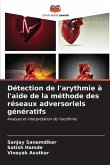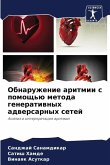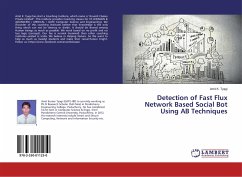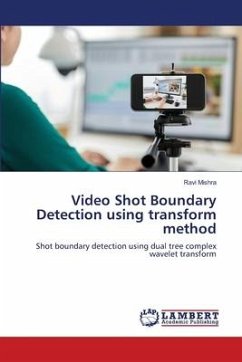This book explains how a deep generative adversarial network built on a large dataset may detect arrhythmias more accurately than physicians. Furthermore, feature extraction has traditionally been seen as an essential component of electrocardiogram arrhythmia classification The purpose of this research is to examine ECG arrhythmia classification using a deep dense generative adversarial network. The GAN architecture shown in this book can be taught to produce ECG signals that are comparable to real-world ECG signals. The results indicate that using a sequence-based strategy for all ECG-beat types substantially improves area under curve on our test set. Traditional architecture does not naturally address this structure, and therefore suffers from decreased performance when such a structure is informative. This book compares the proposed technique to kernel principle component analysis with incremental support vector regression, discrete wavelet transforms with incremental support vector regression and general sparse neural network. From obtained results, it is concluded that the proposed GAN technique is superior to these three methods with an overall accuracy of 97.44 percent.

